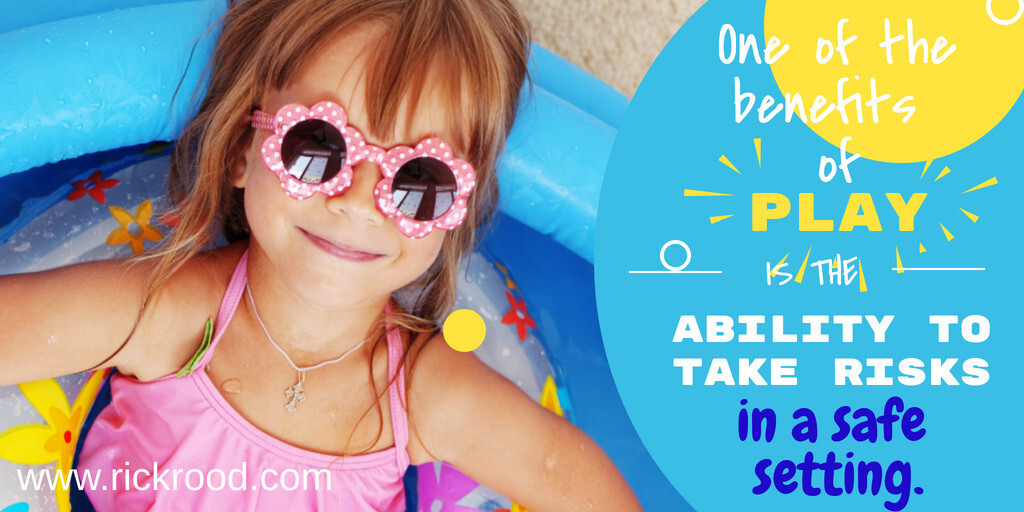Play is a key ingredient to human happiness – your happiness and the happiness of your students.
But the importance of play goes far beyond happiness. The American Association of Pediatrics affirmed that play is a vital contributor to the “whole child” development of children and youth. The United Nations has designated play as a basic human right of all children.
Play is a natural strategy kids use to cement knowledge, practice social roles, and deepens understanding and wisdom.

Researcher and author Dr. Peter Gray sets out five fundamentals that define play: true play is self-chosen, engaged in for the sake of play itself, operates by self-selected rules, takes on the characteristic of imagination, and is generally active but unstressed.
Play manifests in different types – object play, rough and tumble play, outdoor play, and social play to name a few. Each type of play comes with its own developmental rewards.
In today’s world, many schools and programs have over-regulated play time with unnecessary rules.
Teachers need to understand the importance of play, and they serve the students best by facilitating play and increasing the number of opportunities for students to engage in play. With all this play going on, the teacher is not a passive actor. Using open-ended questions, teachers open up doors of student understanding through play.



No responses yet